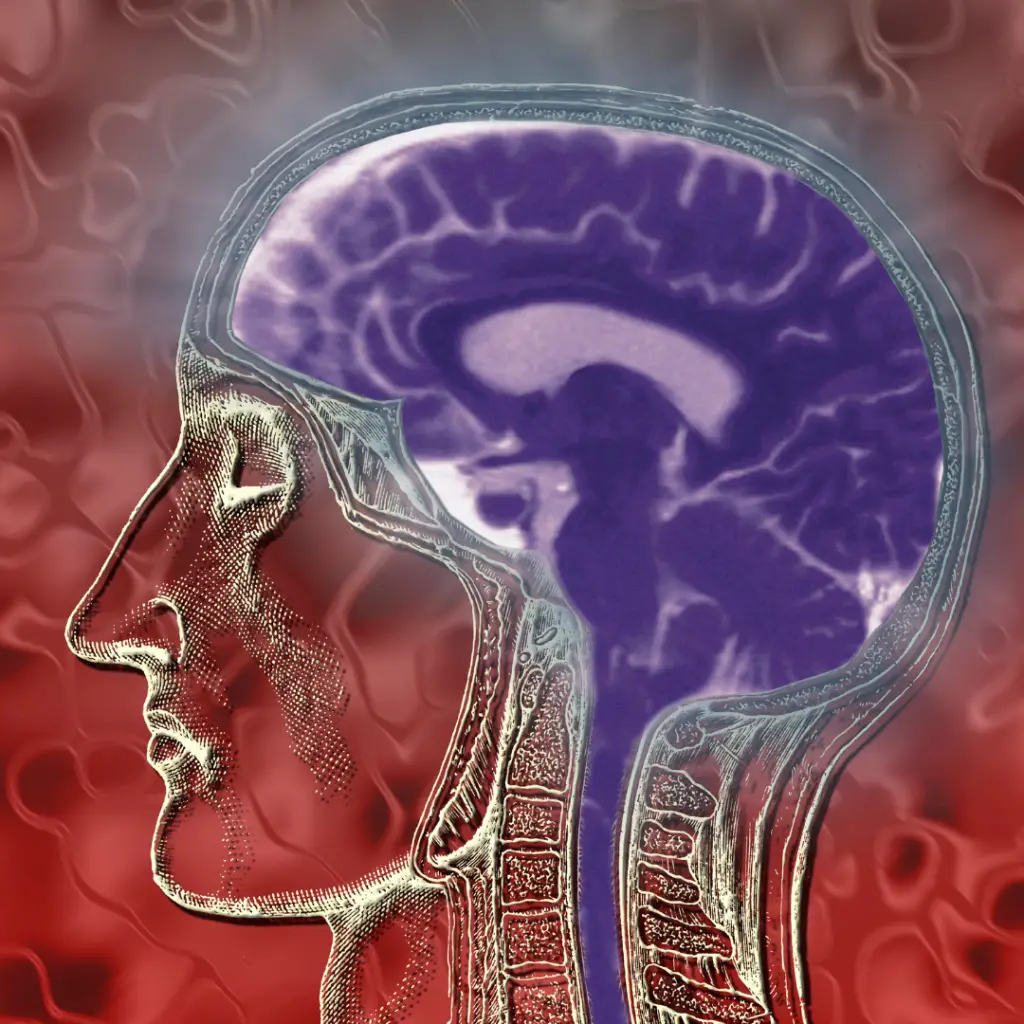In the modern world, where stress and anxiety are prevalent, finding effective methods to manage and mitigate their impacts is crucial. Hypnotherapy, particularly when viewed through the lens of polyvagal theory, emerges as a profound tool to calm the nervous system. This blog post explores how hypnotherapy can help regulate your body’s responses and lead you toward a more balanced state of mind.
Understanding Polyvagal Theory
Polyvagal Theory, developed by Dr. Stephen Porges, provides a foundational understanding of how the nervous system responds to stress and danger. Central to this theory is the concept of the vagus nerve, which acts as a key component of the autonomic nervous system. This nerve influences the parasympathetic system, which is responsible for the body’s “rest and digest” responses, as opposed to the “fight or flight” reactions managed by the sympathetic system.
Polyvagal Theory outlines three distinct states of nervous system response:
- Social engagement system: Active when we feel safe, promoting calm and relaxed states.
- Sympathetic nervous system: Activates during perceived threats, facilitating fight or flight responses.
- Dorsal vagal state: Engages in response to overwhelming stress or danger, leading to shutdown or freeze behaviors.
Understanding these states is crucial for employing hypnotherapy techniques that specifically target and influence these neural pathways, promoting a return to a state of balance and calm.
The Role of Hypnotherapy in Calming the Nervous System
Hypnotherapy integrates seamlessly with polyvagal theory by directly influencing the nervous system to promote relaxation and mitigate the effects of stress and anxiety. Here’s how hypnotherapy can be utilized to calm the nervous system effectively:
Inducing a State of Deep Relaxation
Hypnotherapy sessions typically begin with the hypnotherapist guiding the client into a deeply relaxed state. This process helps activate the parasympathetic nervous system, counteracting the hyperarousal state of the sympathetic nervous system. Techniques such as controlled breathing, guided imagery, and progressive muscle relaxation are often used to achieve this.
Reconditioning the Nervous System
Through the use of specific suggestions and therapeutic techniques, hypnotherapy can help retrain the brain’s response to stress. By creating new, positive associations in place of negative or panic-inducing triggers, the therapy encourages the nervous system to activate the social engagement system more readily, promoting a general sense of safety and calm.
Enhancing Body Awareness
Hypnotherapy improves interoceptive awareness—the sense of the physiological condition of the body. This heightened awareness can help individuals recognize the early signs of stress and anxiety, enabling them to engage coping strategies more effectively.
Practical Applications of Hypnotherapy Using Polyvagal Theory
- Stress Reduction: Regular hypnotherapy sessions can alter the body’s habitual responses to stress, teaching it to respond with relaxation instead of tension.
- Anxiety Management: By addressing the subconscious triggers of anxiety, hypnotherapy can reduce the frequency and intensity of anxiety attacks.
- Improving Sleep: By calming the nervous system, hypnotherapy can also improve sleep quality, making it easier to fall and stay asleep.
- Pain Management: For chronic pain sufferers, hypnotherapy offers a way to control the perception of pain, which is often exacerbated by a stressed nervous system.
Implementing Hypnotherapy for Nervous System Regulation
To effectively use hypnotherapy for calming the nervous system, consider the following steps:
- Consult with a Professional: Work with a hypnotherapist who understands polyvagal theory and can apply its principles in therapy.
- Regular Sessions: Like any form of therapy, consistency is key. Regular sessions help reinforce the new patterns of nervous system response.
- Personal Techniques: Learn self-hypnosis or other relaxation techniques from your hypnotherapist that you can practice at home.
Hypnotherapy offers a unique and effective approach to calming the nervous system, especially when informed by polyvagal theory. By understanding and addressing the underlying physiological responses to stress, hypnotherapy provides a pathway to not only manage symptoms but also to foster a deep, lasting state of relaxation and well-being.

